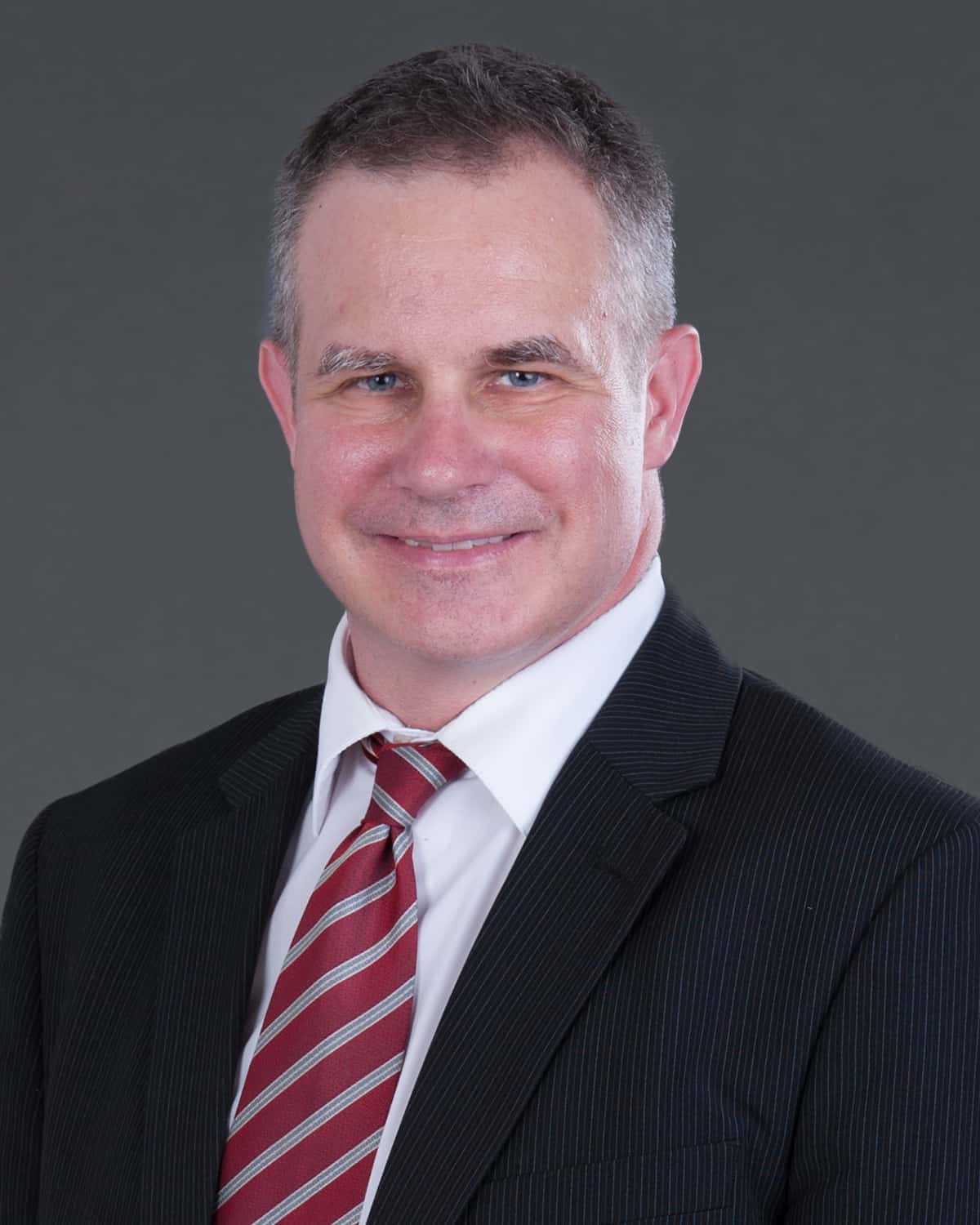
With Decree No. 54/2017/ND-CP dated May 8, 2017, guiding the implementation of the 2016 Pharmaceutical Law (Decree 54) entering into effect on July 1, 2017, some new provisions are forcing pharmaceutical companies to reconsider their business models in Vietnam. The key changes have resulted in pharma companies reviewing their distribution channels, setting up subsidiary companies to take part in importing and other aspects of business, and considering relocating marketing staff (known in Vietnam as “medical representatives,” “med reps,” or “MR(s)”).
Distribution
It has been clear that Vietnam does not intend for foreign companies to engage in the distribution sector for pharmaceuticals. Vietnam’s WTO Schedule of Commitments on Services has intentionally excluded pharmaceuticals from the sectors for which market access is open to distribution by foreign investors. Moreover, the Pharmaceutical Law is silent on the distribution right of foreign companies.
However, a few foreign-invested pharmaceutical companies were established prior to Vietnam’s WTO commitments which participate in some tangential aspects of distribution (storage and transportation) and appeared to be exempt from these prohibitions, or at least appeared to possibly be grandfathered in and could continue to provide services in the storage and transportation of pharmaceutical products. But under one possible interpretation of Article 91.10 of Decree 54, “storage” and “transportation” may be considered aspects of “distribution,” casting doubt on whether any foreign-invested companies may be allowed to participate in such activities.
If foreign-invested companies are unable to participate in storage and transportation, this would result in many pharmaceutical companies having to find new partners and retool their supply chains in Vietnam. For the affected foreign-invested companies, it is unclear how Article 91.10 will ultimately be interpreted or enforced. Companies that were licensed prior to Decree 54 may possibly be able to rely on general investment protection theories to be grandfathered in, or they may attempt to argue that the definition of distribution in Decree 54 has been interpreted too broadly.
As a result of the new uncertainty, many foreign companies are reviewing or considering supplementing any distribution contracts to ensure that there are proper exit provisions, in the event their partners’ scope of activity in Vietnam is limited by the new regulations.
Business Model Changes
Historically, most multinational pharmaceutical companies have done business in Vietnam via a model that includes setting up a representative office (RO) in Vietnam. By law, however, ROs are not permitted to engage in sales or direct business activities. These multinational pharmaceutical companies, therefore, typically work with various foreign-invested companies that were already set up as mentioned above, and have been smoothly managing their local Vietnamese distributors to arrange for the importation and then distribution of the multinational companies’ drugs into Vietnam. However, due to the uncertainty of the right to continue doing the “storage” and “transportation” services under Decree 54, some multinational pharmaceutical companies have begun or are considering restructuring their current business models to directly work with qualified 100% local distributors in distribution.
Further, over the last two decades, Vietnam has regularly had rumblings of reducing or eliminating ROs in all sectors and shifting toward multinationals in all fields setting up subsidiaries, rather than ROs. In anticipation of this shift, several multinationals have already established subsidiary companies that can engage in importing and promotion of the multinationals’ pharmaceutical products (as noted above, due to Vietnam’s WTO commitments, they cannot engage in distribution). Multinationals that have set up importing companies hope that if the business lines of the subsidiaries can be expanded when/if the law is relaxed in the future, they will already have their entities set up, and can quickly adapt to take advantage of the new situation.
Relocation of Med Reps
As ROs are not permitted to engage in sales or direct business activities, they are not permitted to directly employ MRs as a matter of law. This is because an RO, under both the old and the new legal regimes in the pharmaceutical sector, does not fall under the definition of a “drug trader” (under the old legal regime) or a “drug business establishment” (under the new legal regime). These definitions cover, for instance, establishments manufacturing drugs, importing or exporting drugs, providing the service of preserving drugs, or wholesaling drugs, which are profit-generating entities—which ROs, obviously, are not.
At present, the issue of whether an RO may employ MRs is still complicated. Under the old legal regime (i.e., before the effectiveness of the 2016 Pharmaceutical Law on January 1, 2017), though ROs of foreign pharmaceutical companies that were registered with the MOH did not appear to qualify as drug traders, as a matter of practice, MR cards, which play the role of practicing licenses of MRs, had been issued to employees of ROs. In the context that Decree 54 is now in effect, and no further guidelines fleshing out the matter have been issued, some foreign pharmaceutical companies are considering conducting the migration of their current MRs under ROs to the locally qualified pharmaceutical distributor(s). However, this should be considered as a backup plan as long as, in practice, MR cards are still being granted to employees of ROs of foreign pharmaceutical companies.

